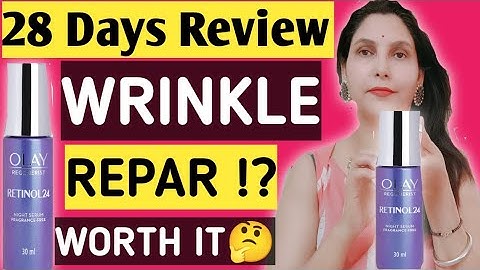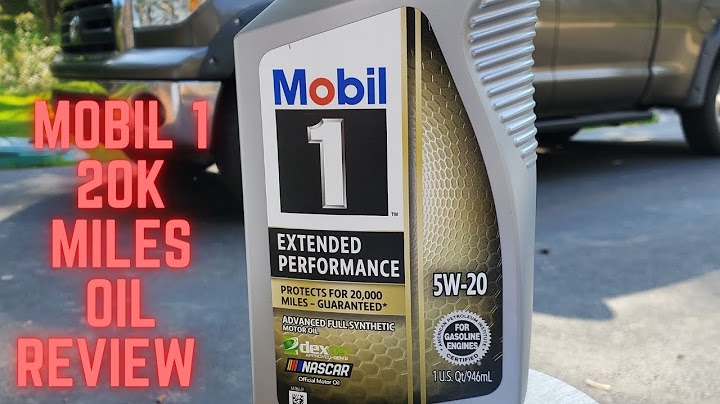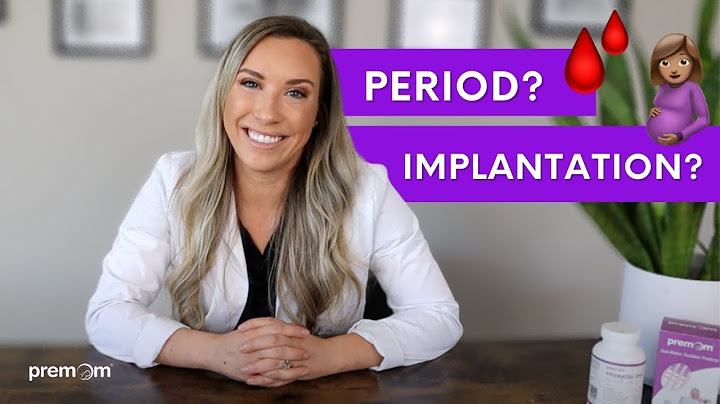Olive oil is one of the most widely used household cooking oils today. Touted to be one of the healthiest oils available, its healthy versatility and popularity make it a top choice for consumers – and there is no shortage of options to choose from. Show
However, not all olive oil is of the same quality. There is a lot of mislabeling in the market. Here’s all you need to know about the difference between Olive Oil vs. Extra Virgin Olive Oil.
 The BasicsThere are hundreds of different olive oil brands, but did you know that high-quality olives grown for extra virgin olive oil is produced in more than 30 countries around the world? In an article written by Greek Liquid Gold, these 30 countries produced an estimated 3.4 million metric tons of olive oil in 2019. But choosing the best olive oil for your pantry can be a confusing task. There are 100s of different brands and packaging types that lining the shelves of supermarkets and specialty stores. Sorting through the seemingly endless options can feel like an overwhelming process. Olive oil labels can also include terms like Premium, Cold-Pressed, Pure, Monovarietal, and even include the harvest year. Familiarizing yourself with the labeling terminology will ultimately make choosing the best olive oil a much easier process. Choosing the best oil depends on a few factors:
So what is the difference between Olive Oil vs. Extra Virgin Olive Oil or EVOO, and which is the best for your needs? I am here to break down the facts about each option in an easy one-stop guide to olive oil. Let’s get started!
 Olives go through a pretty simple process to become olive oil. First, the olives are harvested, then they are crushed and mashed (pits and all) with a large stone or stainless steel rollers and then put through a centrifuge to separate the liquids from the solids. The separated liquid is then spun one more time to separate the oil from the water of the fruit. There are no chemicals or heat applied in this process. In other words, almost all olive oil starts out as cold-pressed extra virgin olive oil. However, if any cold-pressed oil fails to meet the standards required to be considered extra virgin olive oil – it could contain a higher acidity or lack flavor – this subpar oil is then refined to get rid of undesirable impurities. The American Olive Oil Producers Association explains that the refining of olive oil means it is put through a process of neutralization. They then use different chemicals or even bleaching, and/or a deodorization before it is blended with 5% or 15% extra virgin or virgin olive oil. This process is said to give the oil a more neutral flavor, lighter color, and helps to balance the acidity. Olive oil that undergoes this process is simply labeled, olive oil. What is Extra Virgin Olive Oil?Now knowing the basics of olive oil and EVOO production, let’s talk about the properties of Extra Virgin Olive Oil. The main thing to remember about EVOO is that it is the purest form of olive oil you can purchase. All of the nutrients are kept intact because it is free from heat processing or bleaching. Actual extra virgin olive oil has been tested and rated to have the most perfect acidity, taste, and flavor. Different organizations and agencies have different standards in how they classify an EVOO, but all measure the acidity percentage present and bring in taste testers to find any inconsistencies. Can you imagine being an olive oil taste tester? A sommelier of olives! Even though the olive oil industry is rigorous and highly scrutinizes its product. It is not enough to simply choose an oil labeled Extra Virgin Olive Oil. Lower quality oil may be labeled as:
Always be sure to check the label before putting any brand of olive oil into your shopping cart. What is the Difference Between Virgin and Extra Virgin Olive Oil?Extra virgin olive oil has a lower maximum acidity of 0.8% and can have no defects, whereas virgin olive oil may have an acidity up to 2.0% and a median of defects between zero and 2.5 in a tasting by a trained panel. In general, this means that extra virgin olive oil tastes better when compared to virgin olive oil and is actually better for you. With that said, virgin olive oil is a better choice than simple olive oil, light olive oil, or any chemically refined oil. (source)

 What are the Grades of Olive Oil?Aside from extra virgin olive oil – the purest form of olive oil that you can purchase – you will find three additional grades of olive oil on supermarket shelves here in the United States. (source)
 NutritionOlive oil at its best and purest form has unparalleled health benefits, according to the article written by the non-profit Grace Communications Foundations for the FoodPrint program. Extra virgin olive oil is filled with powerful antioxidants, healthy fats, inflammation calming nutrients, and consuming extra virgin olive oil in your daily diet can improve heart and brain health. Refining extra virgin olive oil destroys these benefits, plain and simple. How to Choose the Best Extra Virgin Olive OilAlways check the label.
When in doubt – buy straight from the producer. Instead of studying the labels of all the bottles on the supermarket shelf, invest your time researching a producer and buying directly from a producer you trust online. Another way to source quality olive oil is to avoid big box stores and chains at all costs and instead shop at smaller specialized stores as they tend to carry products from smaller, reliable producers. My favorite extra virgin olive oil? Cobram Estates Enzo Olive Oil Company
 Uses in the KitchenPutting all the processing mumbo jumbo aside, let’s delve all the delicious ways you can use olive oil in your cooking! In terms of flavor and quality, olive oil is by far the better choice for your health over canola or vegetable oil blends. Olive oil has a robust, nutty, peppery flavor, and depending on the purity you are using, will often impart this delicious flavor on your recipe. Just remember that extra virgin olive oil has a lower smoke point (between 365-405 degrees F) than its refined counterpart (470 degrees F). These smoke points vary per producer and process. Still, it is best to use lower temperatures when cooking with olive oil, so as to not adversely burn the fat, which not only impacts flavor but reverses all the good and wonderful health benefits of the unrefined oil. A good rule of thumb is that olive oil is excellent for cooking almost anyway there is except deep frying. You can bake with it, rub down and marinate meat with it, saute, or toss a salad. We suggest starting off easy with our easy tomato salad recipe as the well-known olive oil flavor shines through in the six-ingredient vinaigrette that makes this dish both delicious and easy. Want that quintessential Mediterranean flavor in all its glory where only the best olive oil will do? This Caprese salad is all about the quality of the ingredients, all four of them! Want to try a recipe where the olive oil flavor takes a back seat and let the health benefits take the wheel? Try our healthy roasted broccoli and carrot soup. The broccoli florets are drizzled with olive oil before roasting, keeping this dish low in calories without skimping on the flavor. Wanting to explore culinary cultures but skip the traditional use of lard when cooking? Then look no further than my Mexican mole sauce recipe. You could also take a chance on a health-conscious version of shrimp etouffee. Both recipes give you the option to swap out the lard with EVOO creating the best of both worlds, rich in flavor and health-conscious! It doesn’t have to be complicated or glamorous—maybe you simply want to know how to cook the most perfect and fluffy quinoa to accompany your savory main dish. And call me crazy, but EVOO can even be paired with the sweeter side of life! This fresh, summery watermelon gazpacho calls for 4 tablespoons of the best quality olive oil you can find to blend all the flavors together and add some extra nutritional elements. Other Household ApplicationsWhat are some of the other known uses of olive oil besides cooking? Olive oil is widely used in health and beauty products. Remember those rich antioxidants, healthy fats, and anti-inflammatories? These properties work magic, helping to create radiant skin and hair! Another great use for olive oil is for oiling your wood butcher blocks or cutting boards and polishing wood furniture. All those healthy fats help to protect the wood from moisture and revitalize its shine. Have cracked skin or dry hands? Rubbing some olive oil into your cuticles and hands can help relieve itchy dryness and promote moisture. With all the health benefits of extra virgin olive oil, there is no end to this delicious oil’s practical uses.
 ConclusionsIf you didn’t know already, we are HUGE fans of extra virgin olive oil. With its vast cooking versatility, its powerful health benefits, and the added bonus of everyday household use, we can’t wait for you to find the right bottle to lovingly house on your pantry shelf and use every day. Once you find that olive oil that you trust, we have no doubt that your world of recipes will open up to the endless cooking opportunities and health benefits that extra virgin olive oil affords. REMEMBER TO SUBSCRIBE TO THE FORKED SPOON NEWSLETTER FOR FREE AND RECEIVE WEEKLY RECIPE NOTIFICATIONS DELIVERED STRAIGHT TO YOUR INBOX! If you try a recipe, please share it using the hashtag #theforkedspoon or by tagging @theforkedspoon on INSTAGRAM! Follow The Forked Spoon on FACEBOOK | INSTAGRAM | PINTEREST for all of the latest recipes and updates. Which is healthier olive oil or extra virgin?Extra virgin olive oil — or EVOO — is considered the most healthful of the olive oils because it is less processed and retains a higher amount of natural compounds that may offer anti-inflammatory and antioxidant qualities. In the debate of olive oil vs extra virgin olive oil, extra virgin olive oil comes out ahead.
Can I substitute olive oil for extra virgin?Olive oil or extra virgin olive oil can be used in place of vegetable oil in any recipe in a 1:1 ratio. Find out more about how substituting with olive oil will impact the flavor of your food.
Is it better to cook with virgin or extra virgin olive oil?The phenols and antioxidants on EVOO have also been shown to make your food more nutritious. In conclusion, research now confirms with the world's best chefs have known all along: extra virgin olive oil is the best cooking oil.
|

Related Posts
Advertising
LATEST NEWS
Advertising
Populer
Advertising
About

Copyright © 2024 en.frojeostern Inc.


















